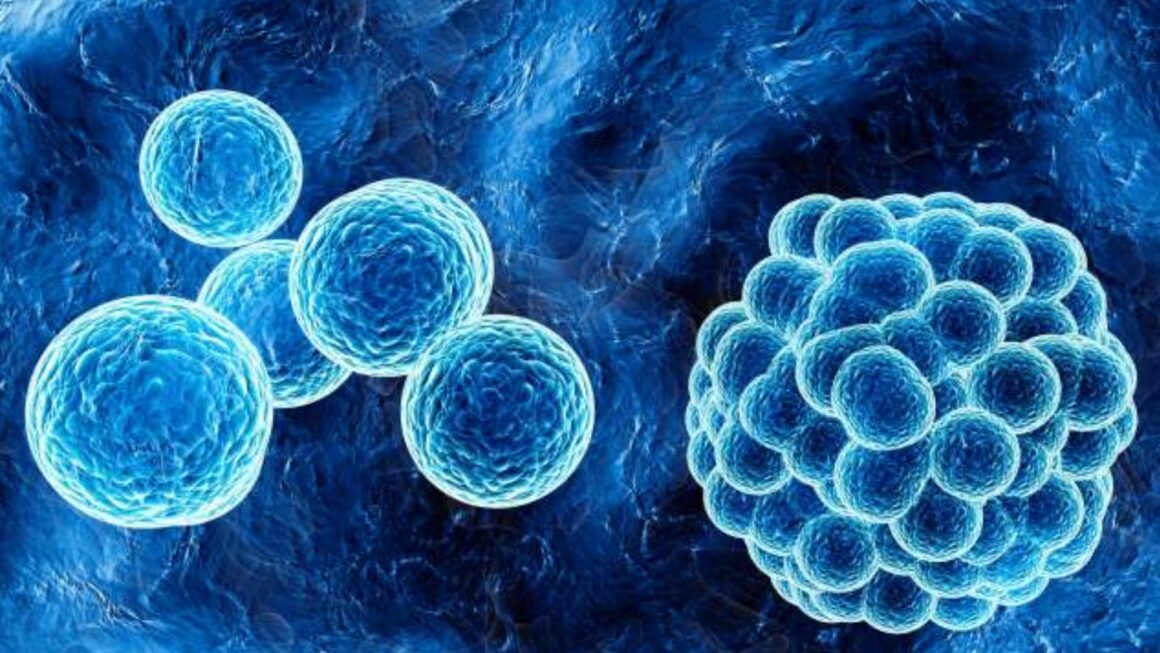Breast cancer remains a significant health concern for women worldwide. However, there’s a growing reason for optimism – the development of new targeted therapies. These innovative medications offer a more personalized approach to treatment, often with fewer side effects compared to traditional chemotherapy.
We look into the world of new targeted therapies for breast cancer. We’ll explore how they work, the specific types making waves in research, and the potential benefits they hold for patients.

The Rise of Targeted Therapies
Traditional treatments like chemotherapy often target all rapidly dividing cells, leading to unpleasant side effects for patients. Targeted therapies take a more sophisticated approach. They focus on specific molecular abnormalities within cancer cells, disrupting their growth and survival.
This targeted action allows these medications to be more effective against cancer cells while minimizing harm to healthy cells. Targeted therapies for mammary tumor often focus on specific mutations, such as the presence of HER2 receptors or hormone receptors like estrogen and progesterone.
Types of Targeted Therapies Revolutionizing Breast Cancer Treatment
Several types of targeted therapies are showing promise in the fight against breast cancer. Let’s explore some of the most exciting advancements:
- HER2-Targeted Therapies: These medications, like Herceptin and Tykerb, target the HER2 protein, which is overexpressed in some breast cancer cases. They have significantly improved survival rates for HER2-positive breast cancer.
- Hormone Therapy: These medications target estrogen and progesterone receptors, crucial for the growth of some breast cancers. Tamoxifen is a well-established hormone therapy, and newer options like aromatase inhibitors are also proving effective.
- CDK4/6 Inhibitors: These medications target specific proteins involved in cell division, hindering cancer cell growth. Palbociclib and Ibrance are examples of CDK4/6 inhibitors showing promise in advanced breast cancer treatment.
Targeted therapies are constantly evolving, with new drugs and combinations undergoing clinical trials. Researchers are also exploring the potential of combining targeted therapies with other treatment options like chemotherapy or immunotherapy to further enhance their effectiveness.
Benefits of Targeted Therapies
Targeted therapies for breast cancer offer several potential benefits for patients:
- Improved Efficacy: These therapies can target specific cancer cell vulnerabilities, potentially leading to better treatment outcomes.
- Reduced Side Effects: By targeting cancer cells more precisely, targeted therapies can cause fewer side effects compared to traditional chemotherapy.
- Personalized Treatment: The ability to target specific mutations allows for a more personalized approach to breast cancer treatment, tailoring therapy to each patient’s unique needs.
- Improved Quality of Life: With fewer side effects and potentially better outcomes, targeted therapies can improve a patient’s quality of life during treatment.
Conclusion
The development of new targeted therapies signifies a positive step forward in the fight against mammary tumor. These innovative medications offer hope for improved treatment outcomes, reduced side effects, and a more personalized approach to care. While challenges remain, targeted therapies hold immense promise for a brighter future for mammary tumor patients.
It’s important to note that targeted therapies are not suitable for every case of breast cancer. Consulting with a healthcare professional is crucial to determine the best treatment course for each individual. As research continues, we can expect even more advancements in targeted therapies, paving the way for a future where breast cancer becomes a manageable and treatable disease.
Targeted therapies represent a critical advancement in mammary cancer treatment. With continued research and development, they have the potential to significantly improve the lives of patients facing this diagnosis.



